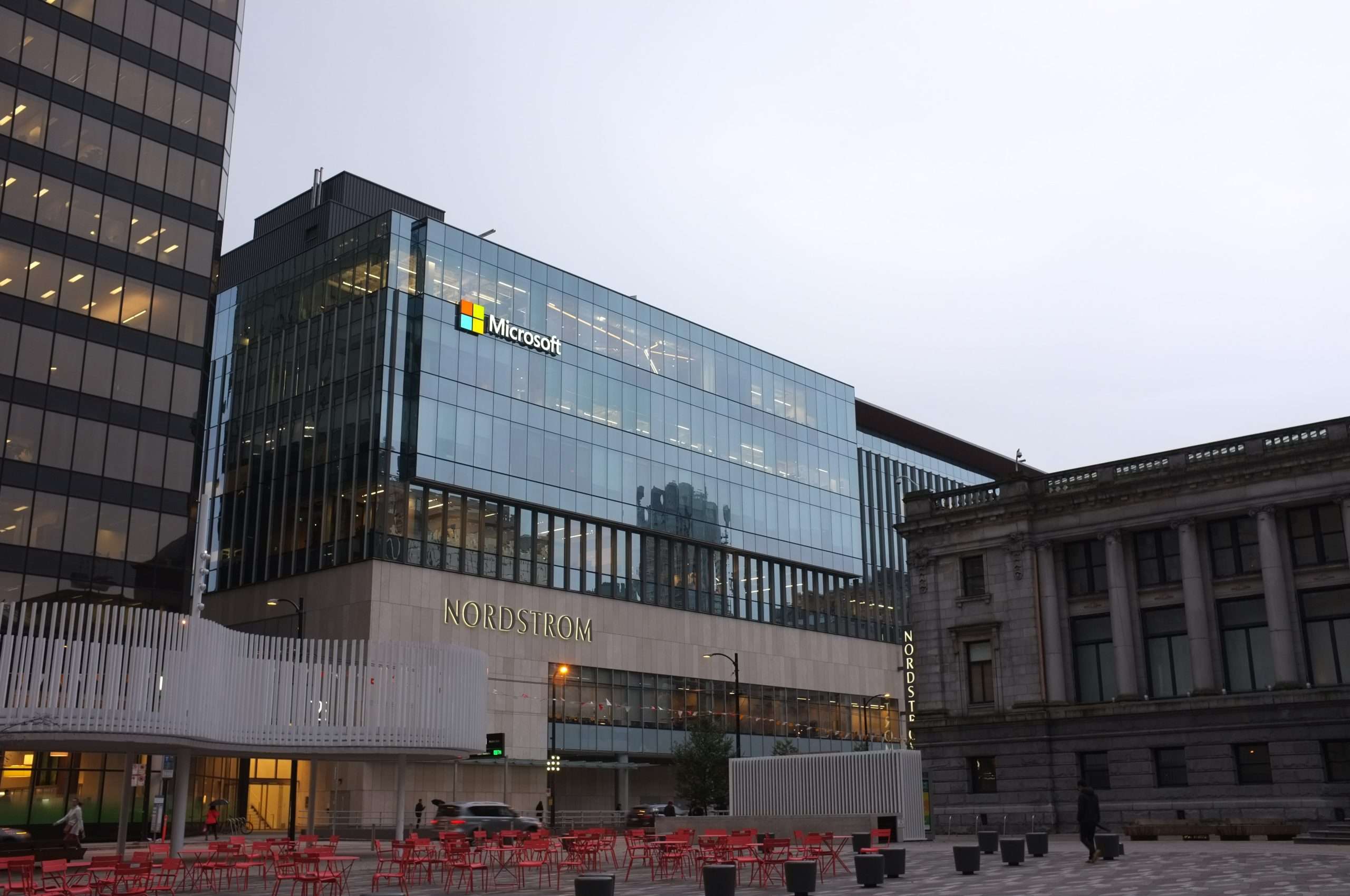According to screenshots that have been making the rounds on Twitter, users of Microsoft Edge may soon have access to a cryptocurrency wallet feature. The information obtained through the leak demonstrates the possible incorporation of a wallet for cryptocurrency right into the widely used web browser.
Even while Microsoft has not officially confirmed the capability, there is already widespread conjecture about its possible impact on the rapidly expanding market for digital assets.
Upcoming releases of Microsoft Edge will include the “Baked In” cryptographic feature.
Digital Sleuth Albacore published (1) on Twitter what look to be early images of the user interface (UI) of the company’s new Web3 wallet.
In the pictures that Albacore has released, you can see a digital wallet, an inspector for dapps, a news feed, and the possibility to purchase crypto using Coinbase and MoonPay.
The functionality is “already baked in” to newer versions of Microsoft Edge; however, users cannot view it or make use of it because it is concealed.
Screenshots also demonstrate that buying, selling, and trading crypto assets is possible. As “integrated systems that allow you to buy and deposit crypto to your wallet,” Coinbase, a cryptocurrency exchange, and MoonPay, a Web3 infrastructure provider, are presented here.
Newest in the gauntlet of questionable upcoming Microsoft Edge features, a crypto wallet 💸
Not really sure how to feel about this kind of thing being baked into the default browser, what are your thoughts?
More screenshots of the UI in the next tweet ➡️ pic.twitter.com/GAUPiZGLIY— Albacore ☁️ (@thebookisclosed) March 17, 2023
If rumors are to be believed, the Microsoft Edge wallet will be an embedded feature of Edge rather than a browser plugin that must be downloaded and installed separately. In addition, the wallet will be non-custodial, meaning that Microsoft will not have access to the wallet’s passwords or recovery keys.
On the other hand, Albacore stresses the fact that a significant number of the items that Microsoft develops and tests are never released to the public.
Microsoft’s Entry Into The Web3 Ecosystem
Microsoft has been making significant progress in the realm of Web3, the next generation of the internet that seeks to decentralize data and allow people more control over their experiences while using the internet. Web3 is also known as the World Wide Web Consortium.
Users are able to create and maintain their own online identity without having to rely on centralized authority thanks to Microsoft’s development of its decentralized identification (DID) system, which is one of the company’s most important endeavors in this sector of the industry.
This system makes use of blockchain technology, which offers a method that is both trustworthy and open for the storage and management of data.
Users of the DID system are able to exercise full authority over their private data and decide for themselves if, when, and how to share it with other people.
Microsoft has been researching the applications of blockchain technology in various domains, in addition to the work it has done on decentralized identity.
The company has released a number of tools and services based on blockchain technology, including Azure Blockchain Workbench, which assists developers in developing and deploying blockchain applications, & Azure Blockchain Tokens, which enables businesses to create and manage their digital assets. Both of these tools were launched recently.
Microsoft’s recent effort to catch up to its competitors in the web browser market includes the company’s claimed plans to increase the capabilities of Edge. This reflects an attempt to catch up to Microsoft’s competitors.
Microsoft is taking steps to strengthen Edge’s capabilities and offerings considerably, even though the Edge browser has not been as popular as Chrome or Safari.
